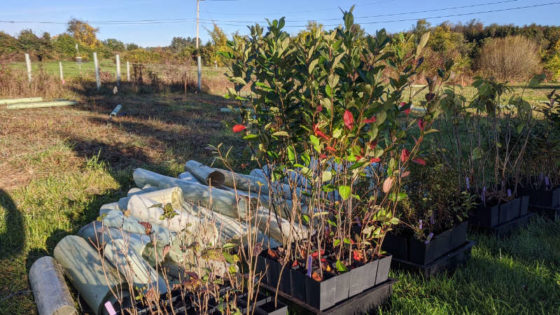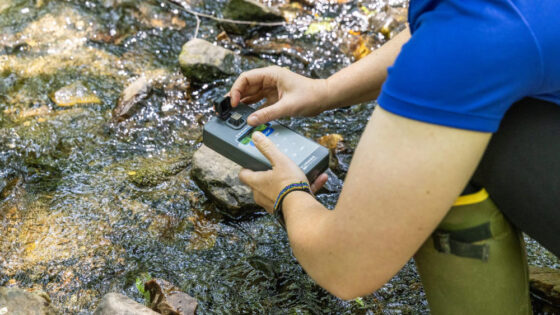
A clean water project by Stroud Water Research Center and partners recently received a places2040 Planning Leadership Award from Lancaster County Planning.

In collaboration with TeamAg, Inc., Lancaster Clean Water Partners, Lancaster Farmland Trust, and other partners, local farmers and the Stroud Center implemented practices that improve the health of the farmers’ operations and help to restore water quality in a small tributary of Pequea Creek in Paradise Township, Pennsylvania. Funding sources include PennVest, Growing Greener from the Pennsylvania Department of Environmental Protection, National Fish and Wildlife Foundation, and others.
Improvements are underway on all farms in this subwatershed of the Pequea Creek Watershed. They include the construction of animal waste systems, stormwater controls, soil health practices, and riparian forested buffers.
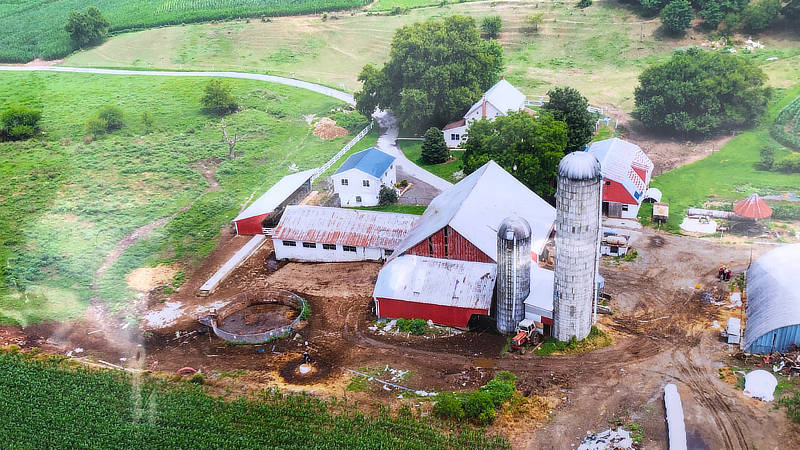
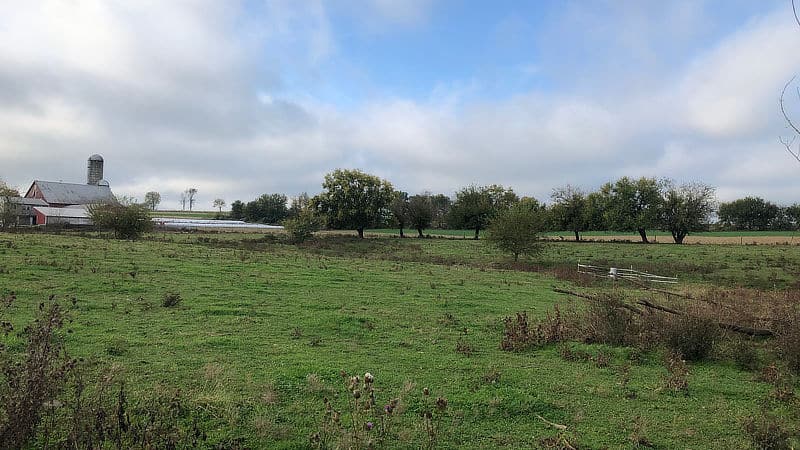
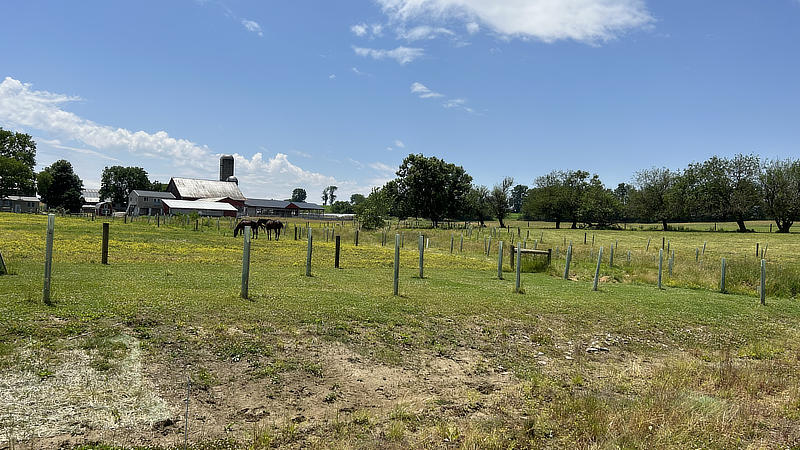
The project is part of a larger goal to fast-track the restoration of 350 miles of impaired streams in Lancaster County and remove them from Pennsylvania’s list of impaired streams by 2030. The process of officially delisting streams is not easy and if successful will signify they are healthy enough for humans to swim in and for fish and pollution-sensitive critters to thrive in.
Stroud Center scientists collected baseline water quality data before the start of the Pequea Creek restoration in 2019; since then, they have continued collecting data to measure improvements. The Pennsylvania Department of Agriculture has provided funding to support this monitoring effort.
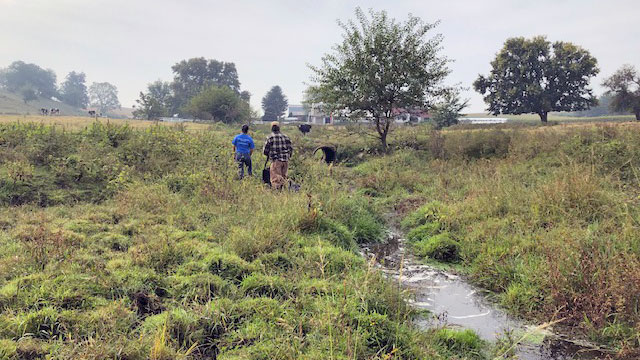
The holistic, community approach to watershed restoration used in this project is innovative and effective. Learn more about the Stroud Center’s approach to watershed restoration, and check out the stream delisting strategy in this infographic produced by Lancaster Clean Water Partners.

